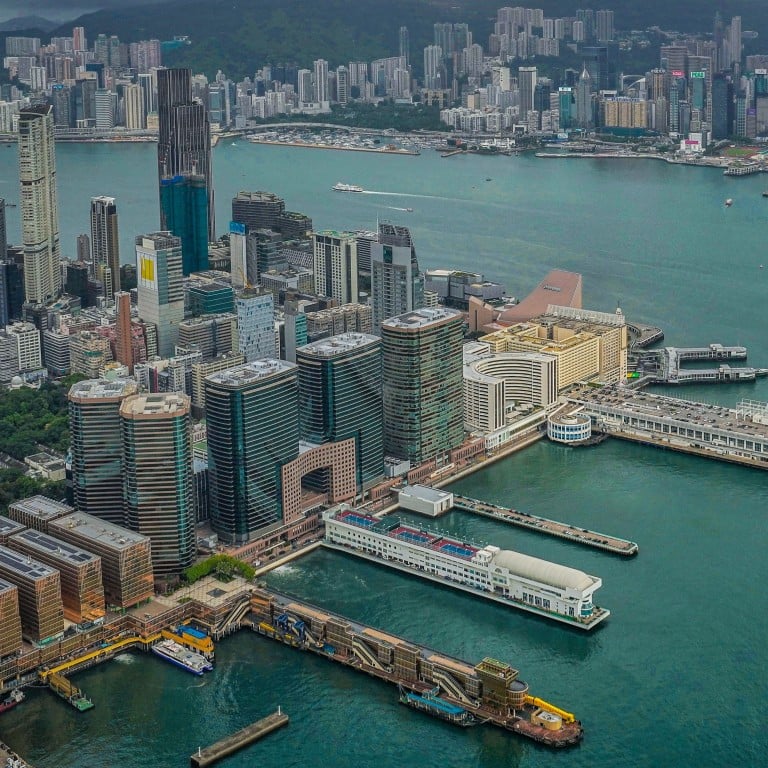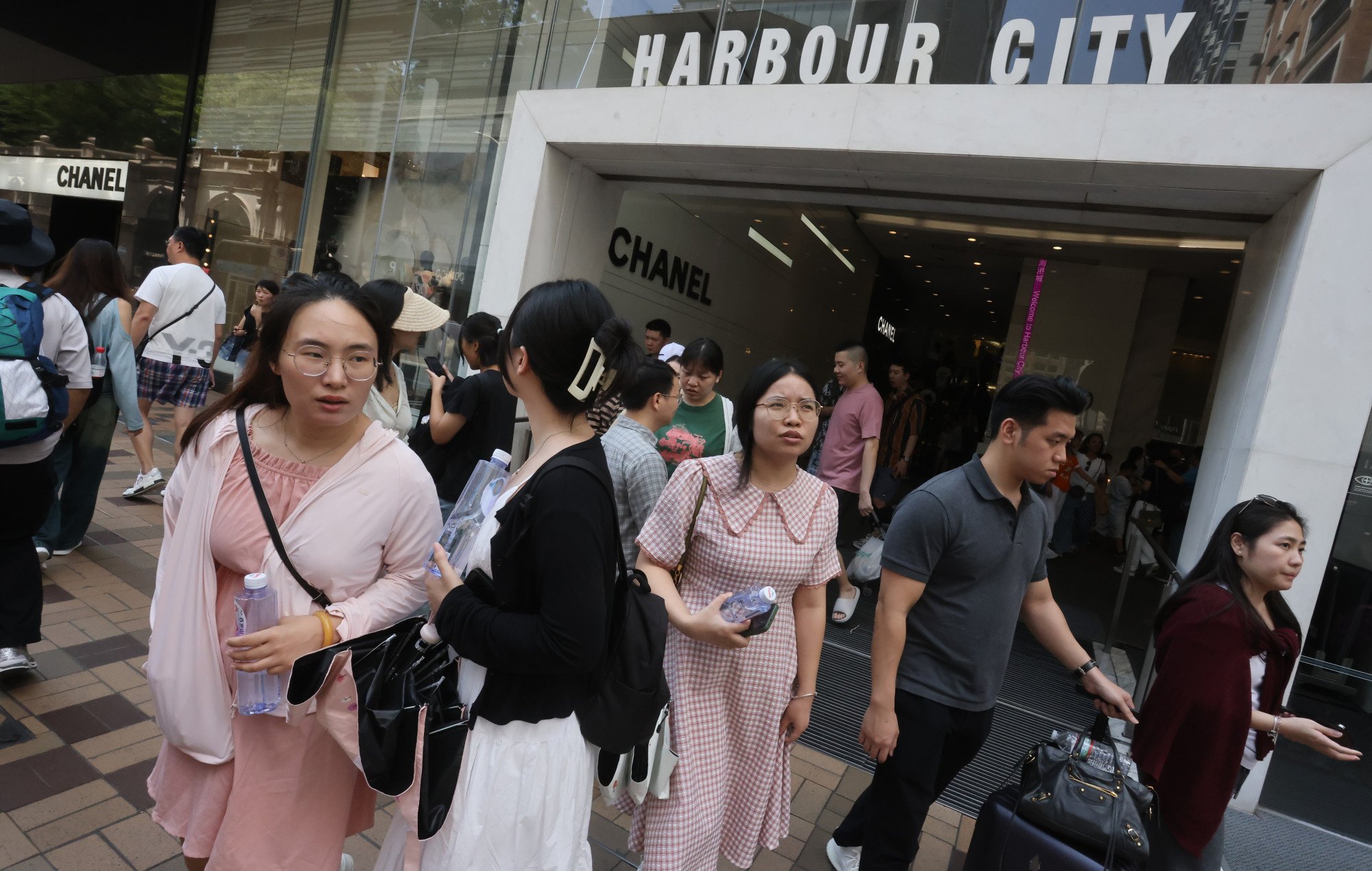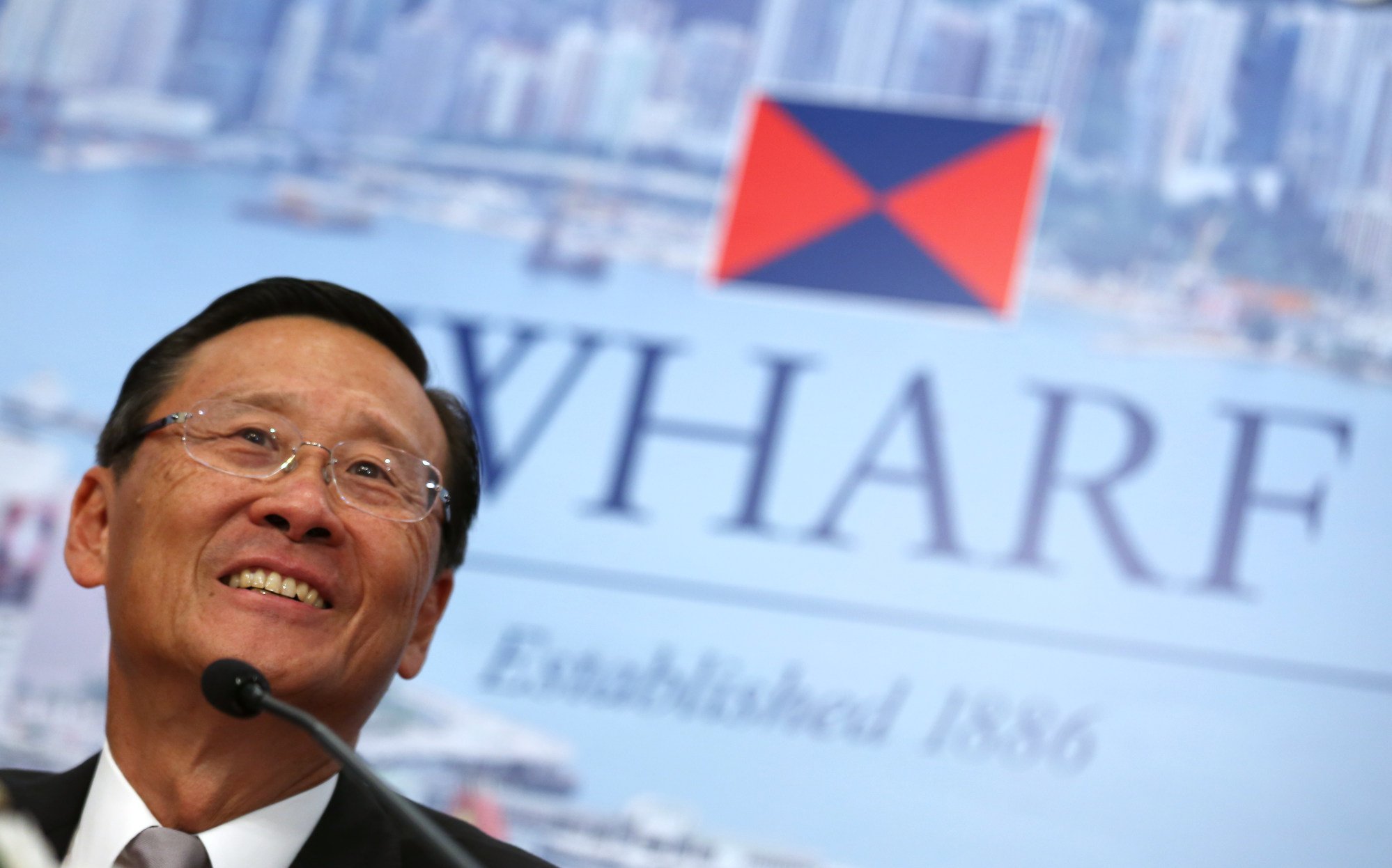
Wharf sees more struggles ahead in Hong Kong, mainland China after reporting weak property sales, profit in 2023
- Total property sales fell by 44 per cent last year, while underlying net profit before provisions slipped 9 per cent, developer says in filing
- Hong Kong’s market-friendly measures could breathe new life into the housing market; performance still depends on China’s recovery
Total property sales fell by 44 per cent last year, while underlying net profit before provisions slipped by 9 per cent, the developer said in a stock exchange filing in Hong Kong on Tuesday. It sold two ultra-luxury houses in Hong Kong to shore up its income, and has not replenished its land bank on the mainland since 2019 amid a poor market outlook.
“China faces considerable domestic challenges, from a sluggish property market to weak consumer sentiment,” the developer said. “Overall, with numerous external and domestic uncertainties compounding volatility, business outlook remains clouded, and these challenging conditions may take an extended period to fully resolve.”
Wharf has proposed to pay a second interim dividend of HK$0.20 per share on April 25. The stock dropped 0.2 per cent to HK$27.35 on Tuesday, while the Hang Seng Index surged 3.1 per cent to erase all of its declines this year.

The developer said recent measures to remove decade-old financing curbs could breathe new life into the housing market. However, the city’s underlying economic performance still depends heavily on China’s economy, given the deepening integration.
Wharf reported a net profit of HK$945 (US$120.8 million) for the year to December 31, compared with a HK$1.7 billion loss in 2022. The turnaround was aided by a 70 per cent drop in provisions to HK$1.6 billion. They were related to its development properties in mainland China, foreign-exchange losses due to the yuan’s weakness, and fair-value loss on its HK$42 billion investment portfolio.
Excess supply, weak prices plague China’s housing market amid limited policy aid

China’s office property segment is also facing oversupply and demand is unlikely to improve this year, Stephen Ng Tin-hoi, Wharf’s chairman and managing director, said at a briefing about its annual results on Tuesday.
Ng said that the removal of Hong Kong’s property cooling measures “has significantly improved transaction costs and when these transaction costs are applied to large-ticket properties, luxury properties, which usually come in hundreds of millions of Hong Kong dollars, the transaction costs can be very very significant”.
Now that they have been removed, hopefully it will improve the liquidity in the marketplace, he said. “But obviously for that end of the market, usually the transaction volume is not that high anyway compared to the general mass market, but we do see improved liquidity and that will start to show through in the luxury end of the market.”
In Hong Kong, high interest rates have rocked the market with property transactions plunging in 2023 to the lowest level since 1991, according to official data. The value of those transactions shrank 14 per cent to a 10-year low of HK$478 billion. The monetary authority has raised its base rate 11 times since March 2022 to a level last seen in late 2007.
Wharf (Holdings) is controlled by billionaire Peter Woo Kwong-ching. The group develops residential properties and holds investment assets including offices, malls and hotels. Its major commercial assets in China include Shanghai Wheelock Square and Niccolo Changsha, the tallest hotel in central China. The company also operates container terminals in Hong Kong.

